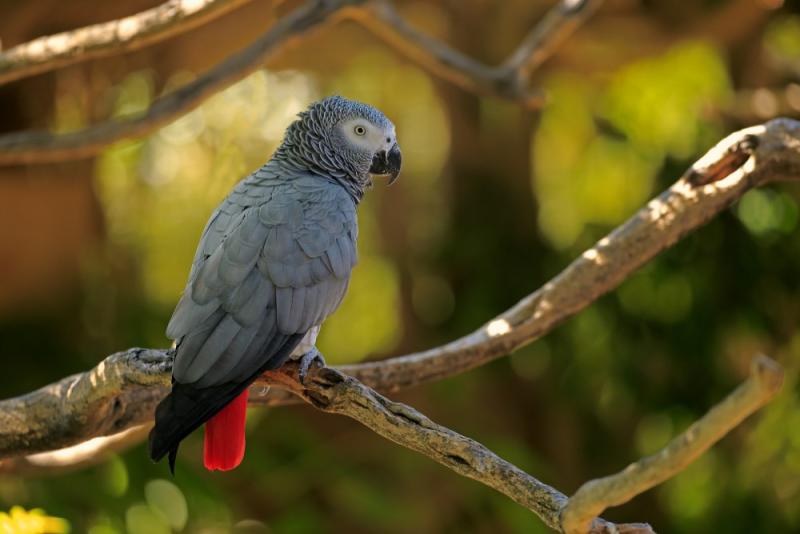×
The Standard e-Paper
Join Thousands Daily

What started as a trial to ascertain how easy it is to acquire the endangered African grey parrot in Kenya has revealed a thriving online illegal trade of the bird that has been accorded highest level of protection globally.
Investigations unearthed a web on how endangered birds are traded virtually as pets while traffickers exploit buses and long-distance vehicles to conduct their deliveries.







